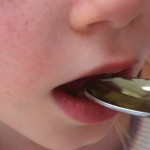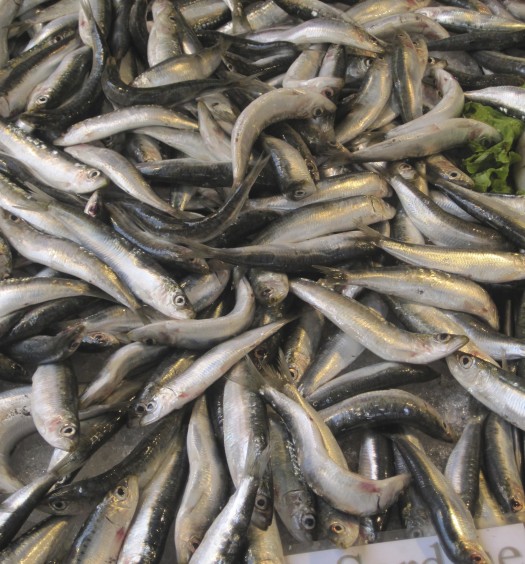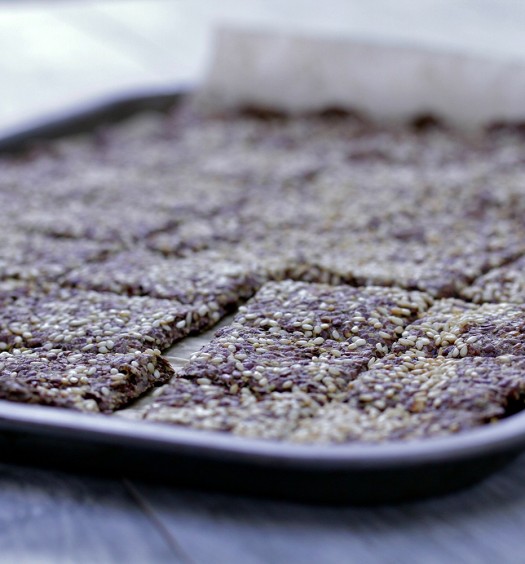Why Omega 3 fats are important
Anyone who has children will have experienced their fair share of mortifyingly embarrassing public tantrums (from the kids not adults….). This happens to most of us periodically, but what if it’s a regular occurrence? Behavioural issues, such as extreme, irrational reactions, lack of concentration, and apparent ‘just plain naughtiness’ can be draining for parents and children.
There are of course many explanations for, and ways of tackling this. A simple initial remedy is to look at dietary blood sugar control and make some simple dietary changes. But can fish oil improve children’s behaviour?
Why fish oil?
Omega 3, found in fish oil is just part of the picture along with dietary changes, but adjusting some children’s intakes of these beneficial fats may have dramatic impacts on behaviour.
Our brains are over 60% fat, and Omega 3 fats are a vital component, so for growing kids, Omega 3 oils are really important.
That’s why the Omega 3 fat DHA is an important part of breast milk, and why some formula milk manufacturers now add it to formula. In children, the role of the Omega 3 fats EPA and DHA have been researched in relation to behaviour and learning (including reading), ADHD, dyslexia, dyspraxia and autism. In adults, fish oils have been linked to a huge range of health conditions, including improved cardiovascular health, better memory, concentration and moods, and reduced joint pain.
Having an adequate intake of Omega 3 oils impacts the inflammatory pathways in the body (in a good way) – which is why inflammatory conditions can react well to fish oil supplementation.
In our clinic we use laboratory tests to evaluate exactly what your Omega 3 status is – in order that we can see whether sub-optimal levels may be contributing to health symptoms.
Ways to boost intake of Omega 3
 The easy way to up your Omega 3 intake is obviously to eat oily fish. The best sources are salmon, tuna, herring, mackerel, sardines, pilchards and anchovies. Children and women who are planning pregnancy, pregnant or breastfeeding should limit intake to twice a week due to the potential accumulation of toxins in oily fish – although eating lots of high antioxidant fruits and veggies can help to counter this. Smaller oily fish such as mackerel, herring, sardines and anchovies retain fewer toxins so are a good choice if you eat them more frequently. Men and women post-child-bearing age can raise their intake to four times a week.
The easy way to up your Omega 3 intake is obviously to eat oily fish. The best sources are salmon, tuna, herring, mackerel, sardines, pilchards and anchovies. Children and women who are planning pregnancy, pregnant or breastfeeding should limit intake to twice a week due to the potential accumulation of toxins in oily fish – although eating lots of high antioxidant fruits and veggies can help to counter this. Smaller oily fish such as mackerel, herring, sardines and anchovies retain fewer toxins so are a good choice if you eat them more frequently. Men and women post-child-bearing age can raise their intake to four times a week.
Some white fish and shellfish also have a small amount of Omega 3 and Omega 3 rich eggs, organic milk and grass-fed meat also are Omega 3 sources. Plant sources of Omega 3 oils include sea algae, pumpkin, flax, chia and hemp seeds and walnuts but the levels of the beneficial fats from plant sources are lower than those you get from fish as they need to go through a conversion process, which is often inefficient.
The alternative is a supplement. Buying a good quality brand is important so don’t skimp on this. You get what you pay for, and in the past there has been concern over the sources of these supplemental oils, and how ‘clean’ they are. Buying a good quality supplement reduc es these concerns. Children’s fish oil options include flavoured (non-fishy tasting) oils and flavoured capsules or ‘gummies’ which can be swallowed or chewed Our experience with these supplements is that you need to get hold of samples and try children on different brands – they all prefer something different.
es these concerns. Children’s fish oil options include flavoured (non-fishy tasting) oils and flavoured capsules or ‘gummies’ which can be swallowed or chewed Our experience with these supplements is that you need to get hold of samples and try children on different brands – they all prefer something different.
If you’re concerned about your child’s behaviour – consider coming to see us in the Eat Drink Live Well Clinic. We can look at a dietary overhaul – but also help you to evaluate Omega 3 status and whether supplements – or a higher dietary intake may be appropriate.
We hope you enjoy this blog post, let us know your thoughts in the comments below or on social media – we’re on Twitter, Facebook, Instagram and Pinterest. And don’t forget to sign up to our newsletter to receive a monthly update of our recipes, nutrition tips and expert advice.





